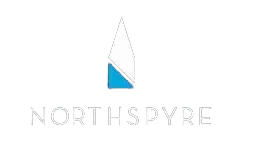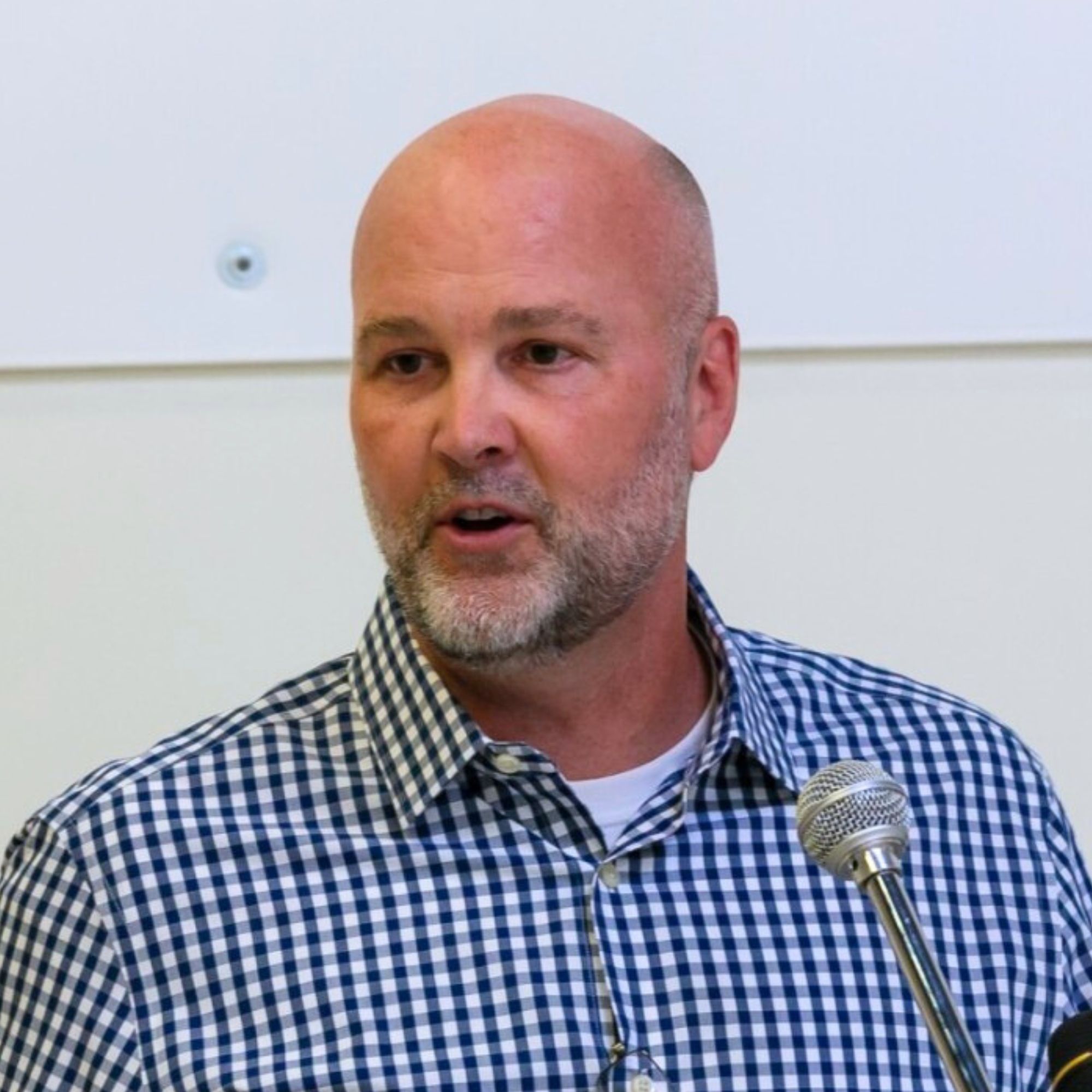Ready to launch your own podcast? Book a strategy call.
Frontlines.io | Where B2B Founders Talk GTM.
Strategic Communications Advisory For Visionary Founders
Conversation
Highlights
When Your Marketplace Strategy Hits a Wall: Meeting Package’s Pivot to Enterprise SaaS
Converting less than 10% of leads is painful. Converting 70% is transformative. The gap between these numbers represents Meeting Package’s evolution from a struggling marketplace to a thriving enterprise software company.
In a recent episode of Category Visionaries, Meeting Package CEO Joonas Ahola shared how a fundamental misunderstanding of hotel operations nearly derailed the company’s marketplace ambitions. Their initial thesis – that the meetings and events space needed its own Airbnb – seemed compelling. But it contained a critical flaw.
“Hotels and venues already are professionals and they already have technology that run their operations,” Joonas explains. “If you just have an extranet marketplace, it will never fly because it’s not connected to the live inventory.”
This realization sparked a pivotal strategic shift. Instead of trying to be the Airbnb of meetings, Meeting Package would become the infrastructure connecting existing hotel systems to modern distribution channels. But executing this pivot required more than just a product change – it demanded a complete reinvention of their go-to-market strategy.
The first challenge was hiring. “We acknowledge the fact that we need to have people who can challenge the hotels because we’re not creating a vertical, we’re changing the way they operate,” Joonas notes. Traditional SaaS sales reps wouldn’t cut it. They needed industry veterans who could engage in consultative selling and challenge established operational practices.
Next came defining their ideal customer profile. Rather than targeting all hotels, they narrowed their focus to full-service properties where “30% of your revenue at least is coming from meetings and events and groups.” This clarity allowed them to “remove vendors from the ICP and hotels… your mom and pop hotel, or your hotel is in the middle of nowhere.”
But perhaps their most unconventional move came during COVID-19. While competitors slashed engineering budgets, Meeting Package doubled down on product development. “We decided that, okay, let’s rather shut down customer success and marketing and completely focus on engineering and R and D at that point,” Joonas shares. This contrarian bet positioned them to emerge from the pandemic with superior technology.
Today, Meeting Package’s GTM motion centers on partnerships with “technically our ex competitors” – the very marketplaces they once tried to compete with. These partnerships create a flywheel effect: marketplaces drive demand to hotels, which need Meeting Package’s technology to efficiently capture that demand.
This partnership-driven approach reflects a deeper truth about selling to hotels: “The hotel industry is so much driven by these kinds of networks and network effects, in a sense, that the person you talk today might be working tomorrow in the other hotel. And that’s just like how the industry works.”
The results speak for themselves. From marketplace-era conversion rates below 10%, Meeting Package now sees “60% to 70% on average.” By 2027, they aim to have “50,000 instantly bookable venues globally.”
For founders navigating their own pivots, Meeting Package’s journey offers a crucial lesson: sometimes the path to category leadership isn’t creating a new marketplace, but building the infrastructure that makes existing marketplaces work better. The key is recognizing when to make that shift – and having the courage to execute it completely.
Actionable
Takeaways
Embrace the Power of Pivoting:
Joonas’ transition from a marketplace model to a focus on venue management software underscores the importance of being willing to pivot in response to market feedback and internal analyses. For tech founders, recognizing when a pivot is necessary and acting decisively can be critical to aligning with market needs and achieving scalability.
Integrate with Legacy Systems Strategically:
Overcoming the challenges of integrating with existing legacy systems in the hospitality industry was a significant hurdle for MeetingPackage. For founders in tech, particularly in sectors with entrenched legacy systems, developing a strategy that includes building flexible, adaptable solutions and navigating industry politics is essential for success.
Leverage Partnerships for Growth:
The partnership-driven GTM strategy employed by MeetingPackage highlights how strategic collaborations can amplify product reach and effectiveness. Founders should consider identifying potential partners that align with their business goals to enhance their go-to-market strategy and drive adoption.
Invest in R&D During Industry Downturns:
The strategic focus on R&D during the COVID-19 pandemic allowed MeetingPackage to prepare for future growth despite immediate challenges. Tech founders can take away the importance of leveraging slower periods for product development and innovation, positioning the company for accelerated growth when market conditions improve.
Understand Your Ideal Customer Profile (ICP):
Joonas' approach to refining MeetingPackage’s ICP, including recognizing which customers were not a fit, emphasizes the value of a clear understanding of your target market. For founders, continually refining the ICP based on product evolution and market feedback is crucial for focusing resources effectively and maximizing impact.




































